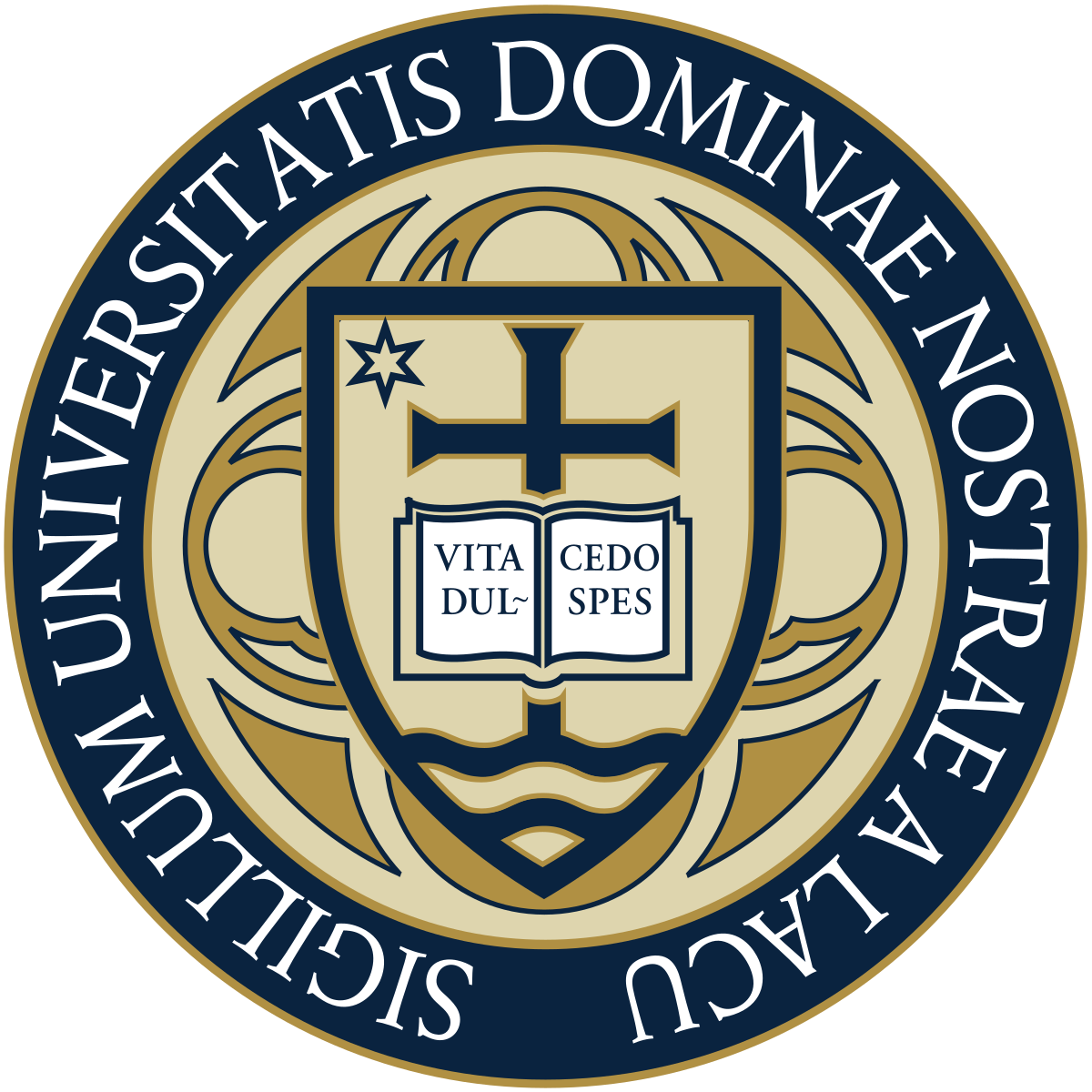History of Christianity
The Department of Theology provides a congenial setting for the study of the history of Christianity in all its rich complexity. Reflecting the diversity of methods and interests of the faculty, a sampling of doctoral seminars from recent years would include:
- the medieval Jewish-Christian encounter
- religious pilgrimage
- asceticism
- theologies of Aquinas, Augustine, Luther, and Origen, among others
Special strengths of the program in the history of Christianity include the interpretation of scripture prior to the modern period, spirituality, and doctrine and theological method from the early period through the Reformation.
Students who major in the history of Christianity normally concentrate in their course work and candidacy examinations on two of the following periods of Christian history, in any combination: early, medieval, Reformation & modern. In the first two years of residence, the student takes courses in the major, evenly divided between the two periods.
While the majority of these courses are taken with the faculty in the Department of Theology, students are encouraged to take appropriate courses offered by historians of Christianity affiliated with other departments in the University. Students are also required to take some courses outside their field.
Admission to the history of Christianity program has in recent years been increasingly competitive. Entering students should already have made significant progress in the study of languages needed for serious historical research; introductory language work while in residence will be in addition to the normal course load.
Library holdings are especially strong in the early and medieval periods. Most of the reference and research tools crucial for the investigation of early and medieval Christianity are housed in the Medieval Institute, located on the seventh floor of the Hesburgh Library.
How to Apply
Notre Dame uses an online application. For instructions please consult the Application Instructions link from within the application itself once you have received your PIN and logged in.
Requirements for Admission
A bachelor's degree from an accredited college or university and a master's degree in theology, or the equivalent
Graduate Record Examination (GRE) scores, with an expectation of at least 4.5 on the analytical section and 310 cumulative on the other two sections (1200 for GRE exams prior to 8/2011), the score for the verbal component being the more important of the two
Facility in some of the languages required for study in the department
Application Documents
The following materials must be submitted via the online application system:
- A statement of intent (300 to 600 words) and a C.V.
- Official transcripts from each post-secondary institution attended • GRE scores (and, for all nonnative speakers of English, TOEFL scores)
- Three letters of recommendation
- A Waiver of Access form for each letter of recommendation
- A Writing Sample with a recommended length of 4,000 to 6,000 words
Graduate Fellowships and Assistantships
Full-time students in good standing are eligible to receive a 12-month annual stipend (an amount of $23,000 for students starting in 2018-2019) for up to five years and a full-tuition scholarship for up to eight years.
5 + 1 Postdoctoral Fellowship Program
Students who complete the program in five years are eligible for a one-year teaching postdoctoral fellowship at Notre Dame.
Premier Fellowships
The Graduate School awards premier fellowships on a competitive basis. These fellowships provide full tuition, an increased stipend, and full coverage of the university's health insurance premium. For more information see the Graduate School website.
In cases where students are funded by an extramural source (e.g., a religious order), the University normally covers tuition costs.
This opportunity has expired. It was originally published here:
https://theology.nd.edu/graduate-programs/ph-d/areas-of-concentration/history-of-christianity/
